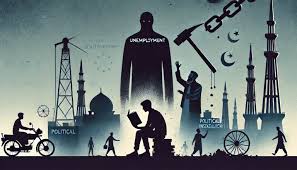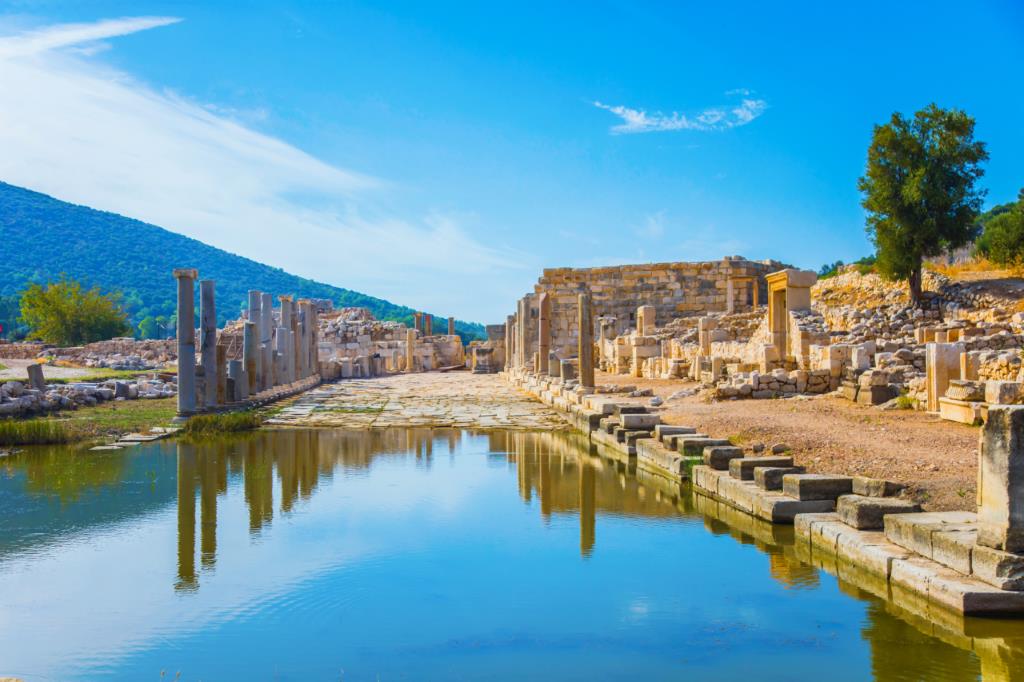By Ghazala Akhtar

Pakistan finds itself at a critical turning point as economic distress and political turbulence converge, deepening uncertainty for millions across the country. The prolonged crisis has pushed inflation, unemployment, and instability to levels unseen in decades, leaving the nation’s future direction uncertain.
In 2022, inflation climbed to a 50-year high of 35%, sharply eroding household purchasing power and pushing essential goods beyond the reach of ordinary citizens. The rupee’s continued devaluation has compounded the pressure, driving up the cost of food, fuel, and imports, while foreign exchange reserves have hovered at dangerously low levels — at times sufficient for barely six weeks of imports.
Frequent government transitions and political volatility have disrupted policy continuity, undermining investor confidence and stalling long-term economic reforms. Analysts warn that without consistent fiscal management and governance stability, recovery will remain elusive.
Corruption, nepotism, and institutional mistrust have further weakened public faith in the system, while intense political polarization continues to divert attention from the country’s mounting economic challenges.
Experts emphasize that Pakistan must now prioritize sustainable economic planning, political stability, and institutional accountability. Strengthening public-private partnerships and enhancing transparency, they argue, will be key to restoring confidence and steering the nation toward a path of growth and resilience.























